The government shutdown approaches its second day as on Wednesday, lawmakers failed to come to an agreement regarding a funding bill. This shutdown is only the eleventh in U.S. history and the third under current President Donald Trump.
Around 800,000 federal employees have been furloughed with an additional 700,000 working without pay. According to Politico, this shutdown could have a large economic impact with the U.S. projected to lose $15 billion of its GDP each week with a month-long shutdown leading to an additional 43,000 people temporarily suspended.
Federal workers deemed essential are still expected to attend work although they will be required to work without pay until the shutdown ends. Those employees will receive back pay after the shutdown. Despite lawmakers efforts in causing the shutdown, President Donald Trump and members of Congress will continue to receive paychecks during the shutdown.
This is due to Article I, Section 6 of the Constitution which states that, “the Senators and Representatives shall receive a Compensation for their Services, to be ascertained by Law, and paid out of the Treasury of the United States.”
This has sparked discourse within Congress as many members argue the logistics of members of Congress being paid as government workers are forced to work for free during this time. One of those lawmakers Sen. Andy Kim, D-NJ says, “It’s wrong that the President and Members of Congress get paid during a government shutdown when our military and public servants don’t,” Kim said in a statement Tuesday prior to the shutdown. “I will be refusing my own pay if we end up in a shutdown. Government leaders shouldn’t be playing with other people’s chips.”
As well as government workers pay being withheld, layoffs are also a reality for many. On Wednesday, White House press secretary Karoline Leavitt told reporters that layoffs would be ‘imminent’. Trump directed the Office of Management and Budget to identify where cuts could be made.
Different government agencies and departments have procedures regarding a shutdown and regarding the loss of money.
In terms of the military, veterans will still receive benefits and military operations will proceed as normal although pay for military and civilian workers will also be stopped until a deal is reached. Those on active duty will remain on duty, but without new orders unless in emergency situations like responding to national disasters or national security threats. National Guard members who are serving through federal funding could have their orders terminated unless performing an essential duty.
For those looking to travel, air travel will continue as more than 13,000 air traffic controllers will work through the shutdown through pay. Other services are also occurring but the problem lies in the inability to perform complete safety functions as air traffic safety is limited, facility security inspections and law enforcement support has stopped; a potential problem regarding the safety of those on an aircraft. In a statement from the National Air Traffic Controllers Association they stated, “During a shutdown, critical safety support staff are furloughed, and support programs are suspended, making it difficult for air traffic controllers and other aviation safety professionals to perform at optimum levels.”
The Department of Health and Human Services (HHS), which contains agencies including the Centers for Medicare and Medicaid Services, the Centers for Disease Control and Prevention (CDC) and the Food and Drug Administration (FDA) said they expect more than a third of their workers to be furloughed during this time.
The activities which will occur related to HHS include responses to pandemic, flu and hurricanes. The CDC will continue to monitor disease outbreaks but will be limited in its ability to provide the public with health-related information. The FDA will continue activities like drug and medical recall, response of foodborne illnesses and the flu. In a potential public health hazard, they will no longer have the ability to monitor new ingredients being used in animal food which means not being able to ensure meat, milk and eggs are safe for consumption.
In relation to food services, for those reliant on SNAP benefits, the Office of Management and Budget previously committed funds for SNAP in May through the month of October, however, they will not receive another funding allocation if a shutdown were to continue.
Although it doesn’t seem the shutdown will cause a drastic domino effect economically, for government workers who are affected, it is important for both political sides to come to an agreement so potential losses can be mitigated instead of attempting to use the shutdown for government leverage.

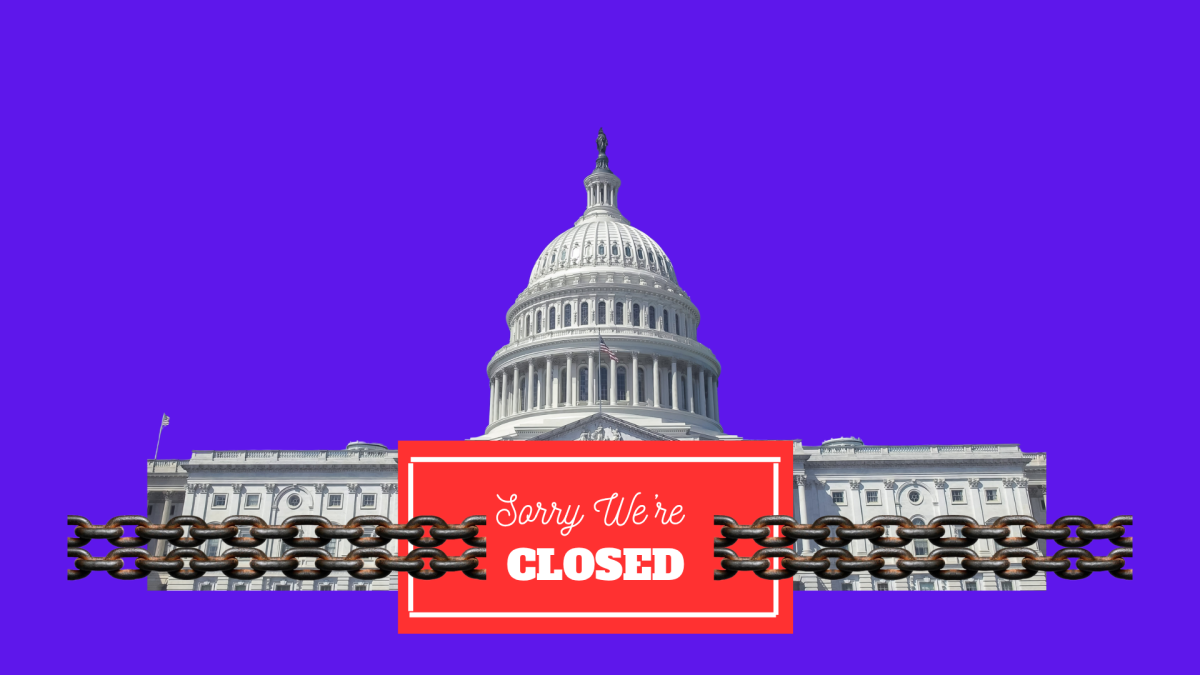

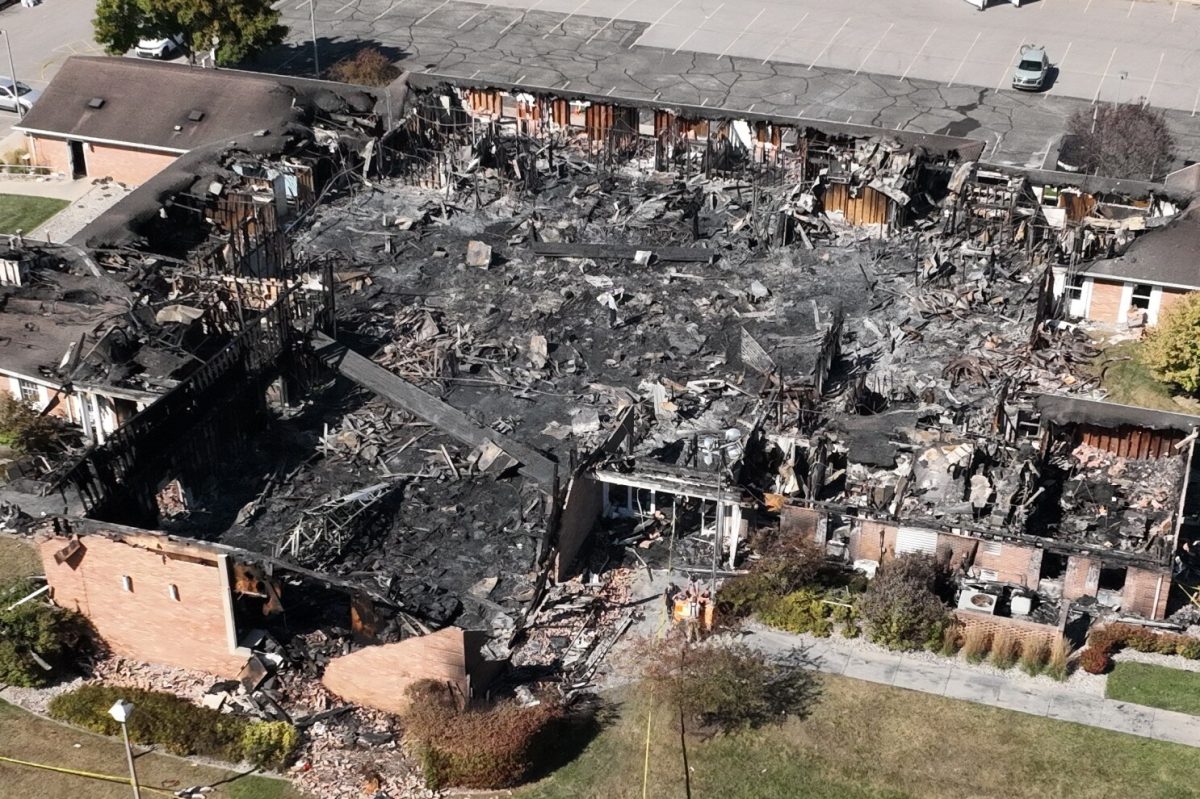
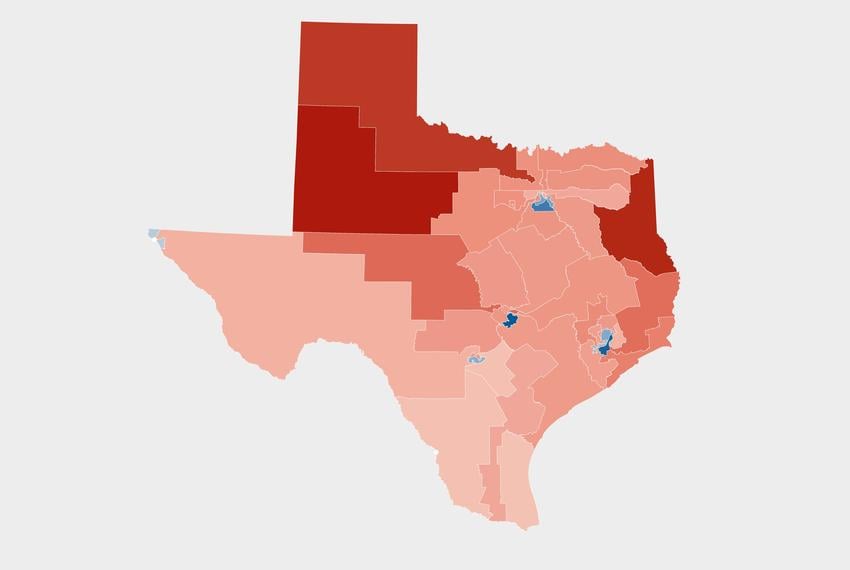

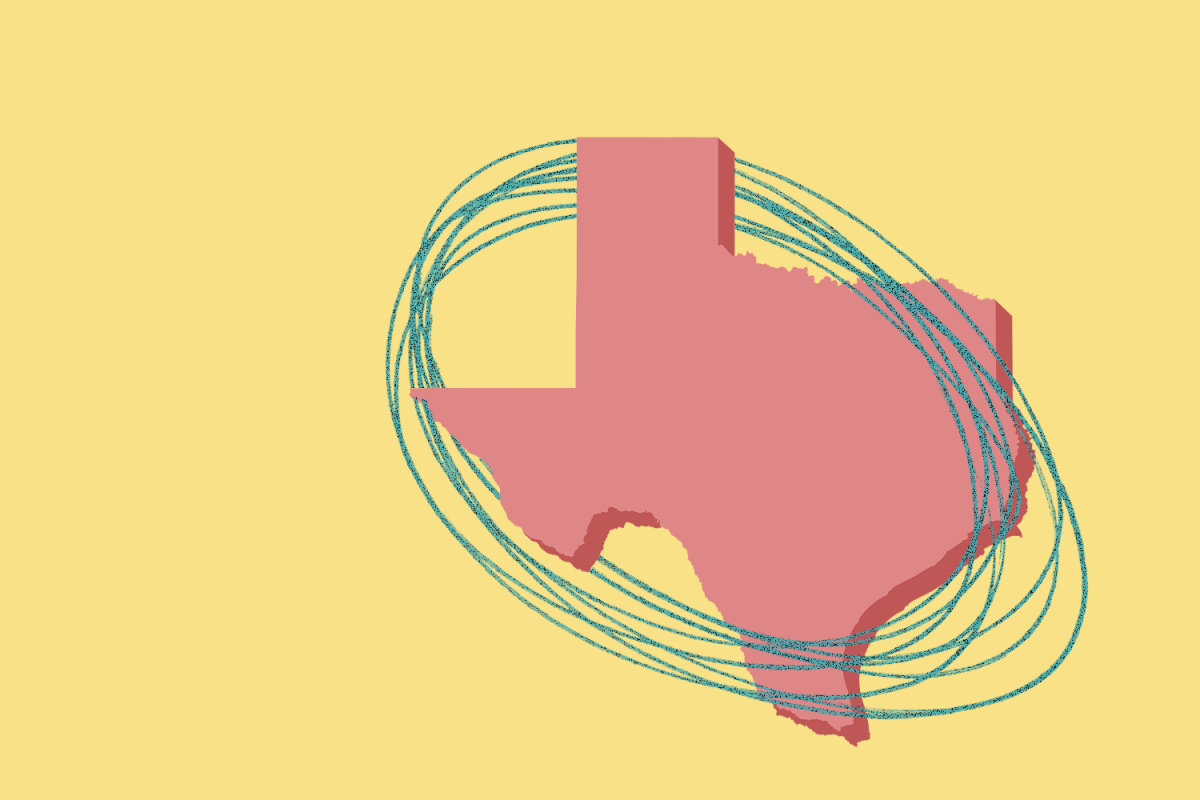
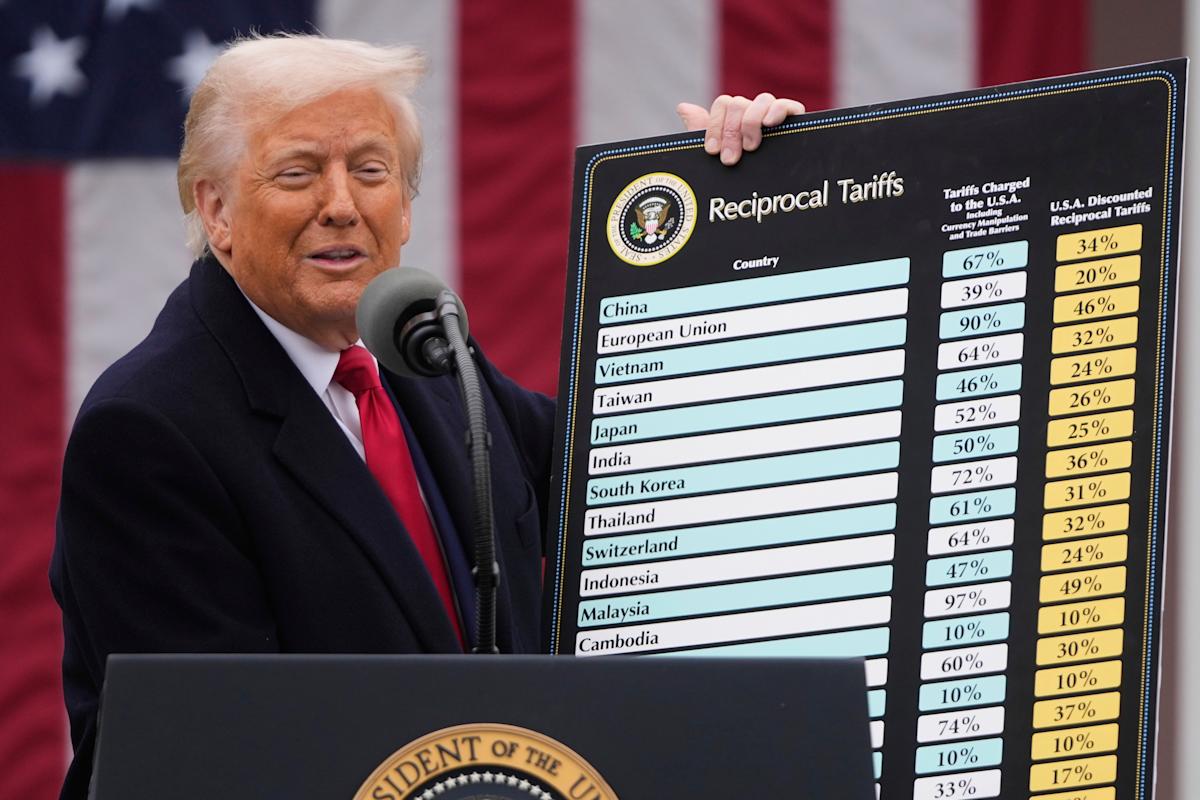

Weston • Oct 3, 2025 at 10:12 am
Man this Karl guy is really cool, his reports are amazing. Keep it up Karl!